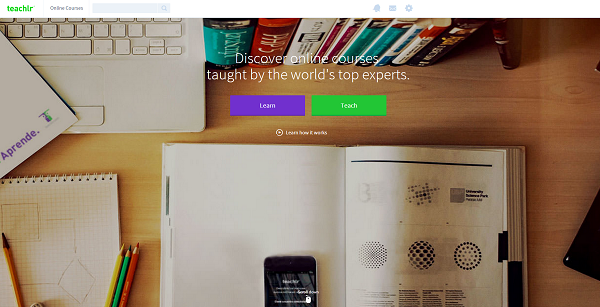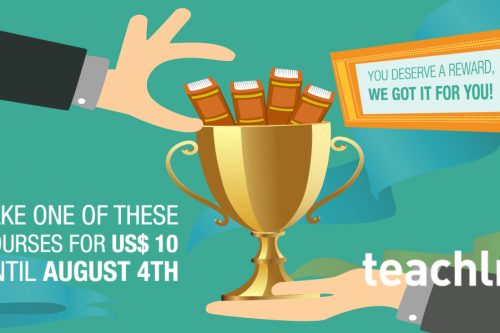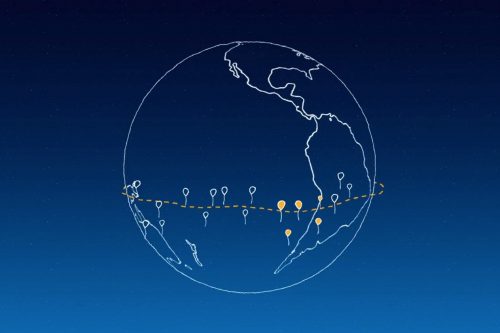Learning allows us to expand our knowledge and enables us to contribute to society in various ways. Learning also makes us happy and productive human beings. It gives us meaning and lets us discover new talents and abilities. It keeps life interesting, challenging and fun.
Sadly, learning is not always enjoyable. Have you ever worked really hard to learn something, but a few days or weeks later you can’t remember anything of it? This situation is frustrating, especially because we don’t have much time to learn: We work, we take care of our families, we travel and rest.
Optimize learning with these strategies
Benedict Carey in his work, “How We Learn: The Surprising Truth About When, Where, and Why It Happens”, presents a number of techniques to learn better. These are based on scientific findings that explain how the brain functions.
- Shorter study sessions: Take periodic breaks and daydream. Avoid long and sleepless study sessions in which information is crammed at once. Use your brain energy wisely and recharge with sleep.
- Spacing: Information is retained more effectively when we review it several days per week for longer intervals. Instead of studying intensely, take shorter sessions every few days.
- Change your environment: Mixing up the places where you learn makes you retrieve information better. When we are learning something new, our brains associate the information with the context we are in. The more contexts, the more associations.
- Self-testing: Verify you have absorbed the information. Self-testing allows you to see mistakes and learn from them. Failed answers make us remember the correct ones!
- Transmit: Talking about what we have just learned is an opportunity to translate these new concepts into our own words. This allows us to process and comprehend information better. Just as Aristotle said: “Those who know, do. Those that understand, teach.”
In addition to Carey’s advice, there is another great tip: use all the senses to learn. When we use our eyes, our ears and our voice, the information is retained for longer. Combining visual, auditory and oral learning makes us work more regions of our brains. Learn through videos, podcasts or audios, as well as talk to others about your new knowledge (a.k.a teaching).
New ways to learn
It’s exciting to witness how technological developments have ignited new ways of teaching and learning. Online learning is not only what’s new in the education realm, but it also applies the techniques advised to optimize learning.
Teachlr, an eLearning platform that allows people and organizations to receive and deliver knowledge through online courses, adjusts to these recent paradigms. Users take or teach online courses, composed of short video lessons, presentations, audios and evaluations. Students have indefinite access to courses once subscribed. People learn whenever, wherever and at their own pace.
On Teachlr, we optimize learning, because users learn:
- In shorter sessions
- During longer intervals
- In any environment
- Using all senses
And last but not least, on Teachlr anybody is encouraged to publish his or her own online course and teach his or her knowledge to others. To teach is to learn twice. The is cycle completed!





